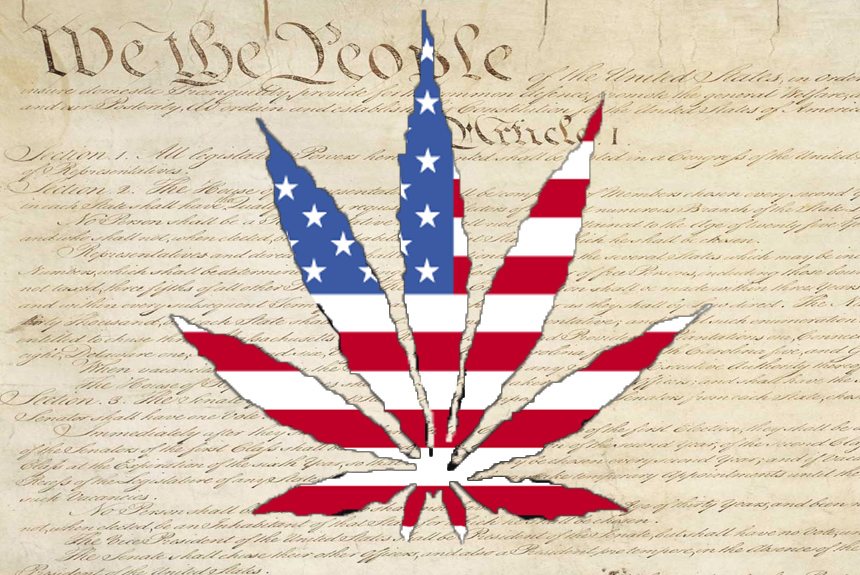
“When we fast forward to “now” we see a similar pattern and can’t help but wonder whether the mindset of current lawmakers will reflect on the lessons learned from alcohol prohibition.”
by Matthew Karnes, CPA
The US cannabis industry is rapidly evolving, but unlike in any other business there exists a broad dichotomy between state and federal laws that exacerbates the investment risk reward pro le. However, as additional states make strides in easing current restrictions, and the federal government gradually shifts from its antiquated marijuana policy, investor interest will undoubtedly intensify.
To properly assess investment opportunities, it is important to understand industry fundamentals particularly given the likelihood of eventual changes to federal laws. The advent of a reversal in federal policy, namely the removal of cannabis from Schedule I of the Controlled Substances Act, will dramatically alter the investment landscape by enabling a wave of consolidation in which well positioned sector leaders with established branding prowess will be prime acquisition targets by mainstream enterprises. Additionally, the subsequent conformity to business practices will undoubtedly de-emphasis or eliminate many current models that are narrowly geared towards present-day limitations.
One of the greatest concerns in evaluating a cannabis related investment is the risk that the Justice Department will reverse its de facto deference to state initiated marijuana legalization and will step
in to enforce still existing federal statutes. However, we believe that such a change of course is unlikely given the acceleration in the number of states easing restrictions on marijuana use and our belief in the continued evolution of the historic similarities between alcohol and marijuana prohibition.
Prohibition:
Alcohol vs. Marijuana
It is difficult to precisely quantify the entire scope of opportunity costs of marijuana prohibition, however we have attempted to demonstrate the most transparent effects stemming from the effective criminalization subsequent to the Marijuana Tax Act of 1937, although it is quite difficult to specifically evaluate black market sales as they may relate to economic metrics (i.e. potential tax revenues and job creation). This is becoming increasingly more difficult to assess given the decrease in arrests and confiscations as marijuana prosecutions have become less of a priority for law enforcement.
We estimate that prison costs alone exceed about $750 million/ year, and this amount does not include other law enforcement expenses such as court costs, local jail time etc. – the total expense to taxpayers is therefore actually much higher.
In sharp contrast, alcohol was legal, then made illegal via the 18th amendment and then repealed by the 21st amendment in 1933. Accordingly, the economic consequences of prohibition can be reasonably determined as there are known variables — the cost to shut down operations, the elimination of jobs, the loss of tax dollars and the cost of enforcement.
Towards the end of prohibition a gradual shift to ease restrictions on alcohol consumption began as policy makers were able to reflect on the social and economic consequences of the “then” current laws. When we fast forward to “now” we see a similar pattern and can’t help but wonder whether the mindset of current lawmakers will reflect on the lessons learned from alcohol prohibition.
Read Full Article: http://joom.ag/hobQ/p30
